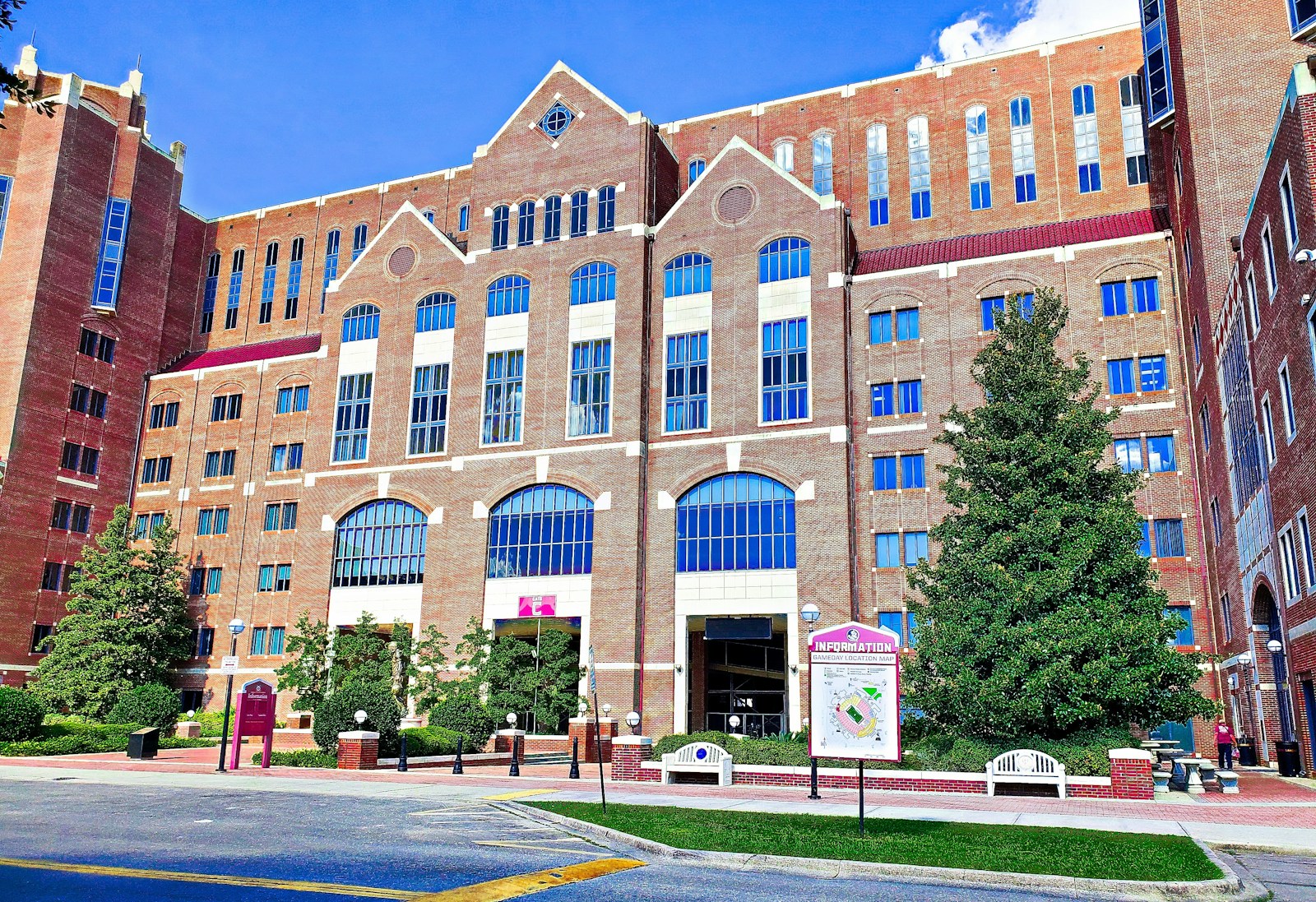The University of Florida is building a digital twin of Jacksonville, one of the state’s most popular cities. The initiative will use artificial intelligence alongside digital twins to create a virtual city replica.
The university is partnering with NVIDIA for the project, utilizing the company’s AI technology and big data. Named virtual Jacksonville, the digital twin will be used to test land use and simulate climate scenarios. Similarly, the twin will aid city planners in their decisions and enable stakeholders to examine the impact of infrastructure investments on the city populace.
Christine Angelini, Ph.D., UF Center for Coastal Solutions, will lead the virtual Jacksonville project. The project aims to safeguard and preserve the city by managing its increasing population and aging infrastructure while mitigating potential environmental disasters.

Consequently, digital twins can significantly impact city planning and development as our cities, towns, and neighborhoods get increasingly worn with age. Specifically, the environmental use case of simulating potential ecological disasters and their impact is becoming a critical use case for stakeholders to employ. For more information on the effects of digital twins on the climate technology sector, check out one of our latest features on the topic.
If you found this article to be informative, you can explore more current Digital Twin news here exclusives, interviews, and podcasts.













